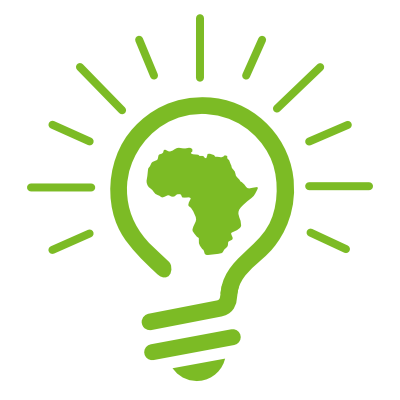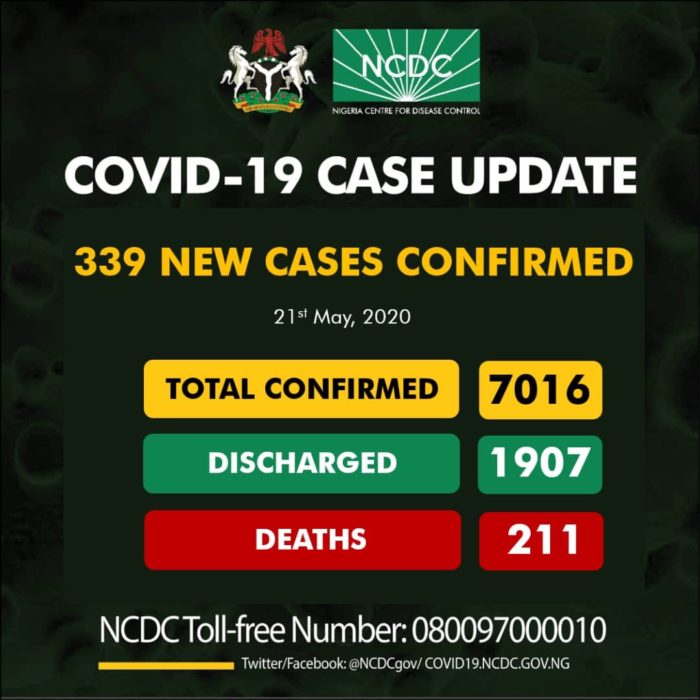If you missed last Wednesday’s webinar on ‘What’s the Real Story Behind Africa’s COVID-19 Figures?” no worries, because videos and slides are available here. Based on the information provided, it is evidently clear Nigeria is ahead of the curve and remains very proactive in its efforts to minimize exposure events, and prevent the spreading of the corona virus throughout its cities. Controlling an airborne disease that requires extended isolation and limited physical interactions is extremely difficult, especially in areas where population densities are not accommodating to such countermeasures. The Nigeria Center for Disease Control (NCDC) led by Dr. Chikwe has shown great promise in mitigation efforts of this pandemic through education, awareness, research data analysis, and adaptive programmatic implementations. Below are a few takeaways from Dr. Chikwe’s presentation:
- Diagnosis is key: Better diagnosis methods are needed to ensure the proper treatment is administered. While some around the world are choosing to self medicate using hydroxychloroquine as a preventive measure, Dr. Chikwe reiterated that there is no data supporting the medicinal/treatment efficacy of the drug in correlation to the COVID-19 infection. Misdiagnosis can lead to mistreatment and worsen illness. NCDC hopes to test two million people within three months.
- Build the right team for success: Nigeria, in collaboration with international partners, is in the process of creating more accessible and reliable testing methods.
- Find the silver lining whenever possible: There is a silver lining in all this; COVID-19 is helping to develop much needed public health policies and infrastructure -which can be applicable to future similar events
- Data is a must: Nigeria’s tracking system is robust, and very user intuitive. Data helps us evaluate the problem at hand and determine the best fitting solution. It is important to collect both quantitative as well as qualitative data to get a clearer understanding of the nuances underlying big-picture issues. Qualitative data is harder to collect because it requires a lot more effort in reducing the stigma around positive infection cases. Education and awareness campaigns help destigmatize affected populations resulting in higher patient participation in the data collection process.
- Human nature is undefeated: Health facilities are discovering the importance of involving the local community leaders in education and awareness campaigns aimed at changing human behavior and practices. People won’t listed to someone they don’t trust, and trust is a major factor in gaining community-wide buy-in to any government initiatives.
- The importance of comparing apples to apples: The COVID-19 pandemic has leveled the field to some extent and unveiled the reality that some developed nations stand on the same unstable grounds as developing nations. China’s national lock-down in the earliest stages of the coronavirus pandemic was effective in containing the spread. This was because the government was able to also provide its quarantined populations the essentials needed to comply with the mandate. It also implemented strict protocols and used technology to better map infectious ‘hot-spots’ to efficiently warn people who may have been exposed to a symptomatic person.
Africa is a key player in this effort not only as a rising economy but as the primary source of most of the world’s natural resources. Africa’s health, economic wellness, and governance impacts the rest of the world, and this pandemic may be an unintended but timely opportunity for great innovation, and social changes for a brighter future.



